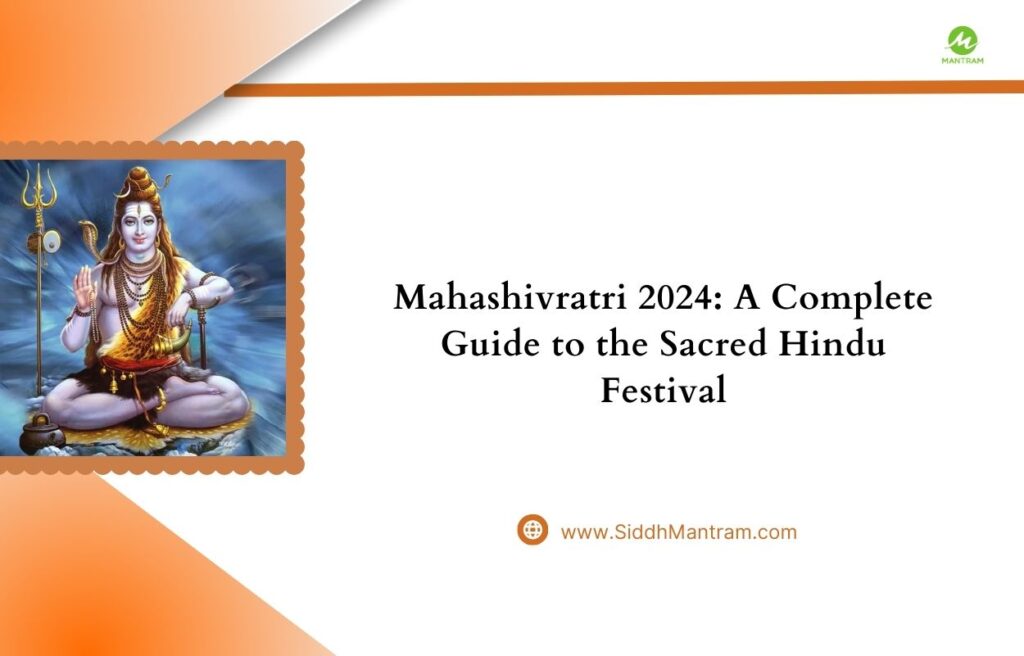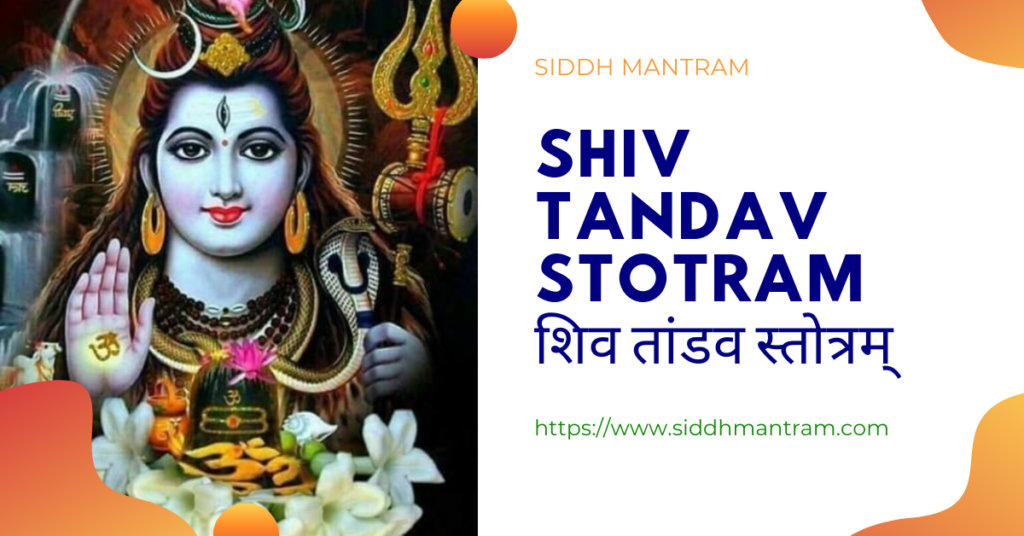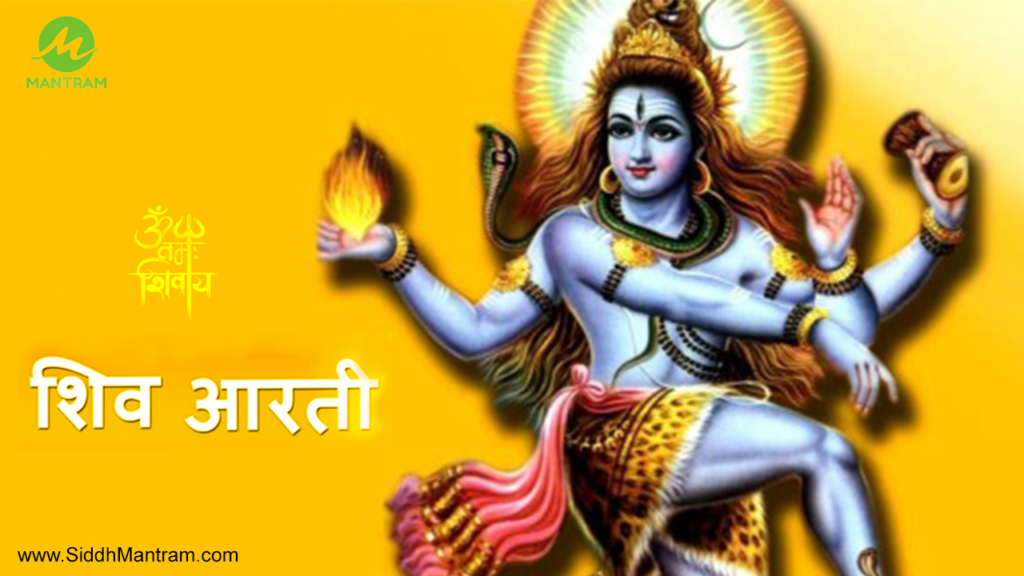Maha Shivratri is an auspicious Hindu festival, dedicated to Lord Shiva, and is a time for devotion, fasting, and spiritual practice.
Maha Shivaratri, is celebrated only once a year in the Hindu calendar month of Phalguna.
Maha Shivratri, also known as the Great Night of Shiva, is an important festival in Hinduism that is celebrated annually in honor of Lord Shiva.
It holds importance in various Hindu religious texts like the Skanda Purana, Linga Purana, and Padma Purana, which describe its legends and significance.
One legend states that Maha Shivaratri marks the day when Lord Shiva performs the cosmic dance of creation, preservation, and destruction. Another legend associates it with the wedding of Shiva and Parvati.
Maha Shivratri Vrat 2024 Date and Time
In 2024, Maha Shivratri will be celebrated on Fri, 8 Mar 2024, 9:57 pm – Sat, 9 Mar 2024, 6:17 pm.
The festival falls on the 14th day of the dark fortnight of Phalguna according to the Hindu calendar.
Devotees usually observe a day-long fast and stay awake all night, singing bhajans and chanting prayers in praise of Lord Shiva.
Why Do We Fast on Maha Shivratri?
Fasting on Maha Shivratri is believed to purify the body and soul and help devotees focus on their spiritual practice.
It also brings peace, prosperity, and good health to those who observe the fast with devotion.
By refraining from food and water, devotees show their dedication to Lord Shiva and seek his blessings for a blissful life.
Chanting “Om Namah Shivaya” is believed to purify the mind and enhance mental functions. It is a practice deeply rooted in Hindu culture, aimed at spiritual growth and inner peace.
On certain auspicious occasions, like Maha Shivaratri, devotees observe Jagarana, where they stay awake all night worshipping Lord Shiva. This act symbolizes dedication and reverence towards the divine.
The sitting posture during Jagarana, maintained throughout the night, signifies the evolution of human intelligence.
In Hinduism, the use of the thumb is considered significant as it separates humans from other primates. The mudra (hand gesture) of touching the forefinger and thumb during meditation, known as chin mudra, is believed to enhance intelligence and concentration.
Fasting, meditation, and mudras are practiced daily in smaller forms, but during special festivals, they are performed more elaborately. Mahashivaratri, being dedicated to Lord Shiva, is particularly significant for practicing these rituals.
If fasting isn’t feasible for you, you can still observe Maha Shivratri by participating in poojas and performing Abhishekam ceremonies.
Story Behind Maha Shivratri Fast
Once upon a time, the Devas and Asuras decided to team up.
However, in a rare show of solidarity, on the advice of Lord Vishnu, they churned the Ocean of Milk together for amrita, the nectar of immortality.
They used a giant serpent named Vasuki as a rope to churn the Ocean of Milk. But instead of nectar, poison came out first. Panicked, they turned to Lord Shiva for help. Lord Shiva drank the poison to protect everyone.
Lord Shiva’s wife, Goddess Parvati, worried that the poison might harm him. So, she squeezed his throat to stop the poison from going down further. This turned Lord Shiva’s skin blue, and he got the name Neelakantha.
To make sure Lord Shiva was okay, Parvati fasted and stayed awake all night, keeping watch. And that’s how the tradition of fasting and staying up all night on Maha Shivratri started.
Also Read- 20 Interesting facts about Lord Shiva you must know!
Rituals of Maha Shivratri
Maha Shivratri is a significant day for Lord Shiva’s devotees, marked by spiritual practices and rituals.
- Waking Up Early: Devotees wake up early, often before sunrise, to begin their day with prayers and preparations.
- Purifying Bath: Taking a ritual bath signifies the cleansing of the body and soul, preparing devotees for worship with a pure heart.
- Wearing Clean Clothes: Wearing clean traditional clothes demonstrates respect and devotion, emphasizing the importance of cleanliness before the divine.
- Temple Visits: Many visit Shiva temples to offer prayers and seek blessings, with temples adorned for the occasion.
- Special Prayers: Devotees recite prayers like the Rudram Chamakam and chant Om Namah Shivaya to invoke Lord Shiva’s presence and blessings.
- Abhishekam: Ritual bathing of the Shiva Lingam with auspicious liquids symbolizes purification and invokes divine blessings.
- Offerings: Various items like fruits, flowers, bel patra, and sweets are offered to Lord Shiva as tokens of devotion and gratitude.
- Fasting: Some devotees observe fasts, either strict or partial, as a form of penance and purification.
Difference between Shivratri and Maha Shivratri
Shivratri is a monthly celebration held on the 13th night/14th day of each lunar month in the Hindu calendar, honoring Lord Shiva. There are 12 Shivratris annually.
Maha Shivratri, on the other hand, is the most significant of these celebrations, happening once a year.
It is known as the “Great Night of Shiva” and involves intense fasting, meditation, chanting, and special pujas throughout the night.
In essence, while Shivratri occurs monthly, Mahashivratri is the grand annual festival dedicated to Lord Shiva, marked by more elaborate rituals and considered highly sacred by devotees.
Conclusion
In conclusion, Maha Shivratri is a deeply revered Hindu festival dedicated to Lord Shiva, celebrated annually with fasting, prayers, and rituals.
It marks a time for spiritual reflection and seeking blessings for a prosperous life.
With its rich traditions and legends, Mahashivratri encourages a sense of unity among devotees, honoring the divine essence of Lord Shiva.
May this sacred occasion inspire us all to embrace spiritual growth and inner peace.



